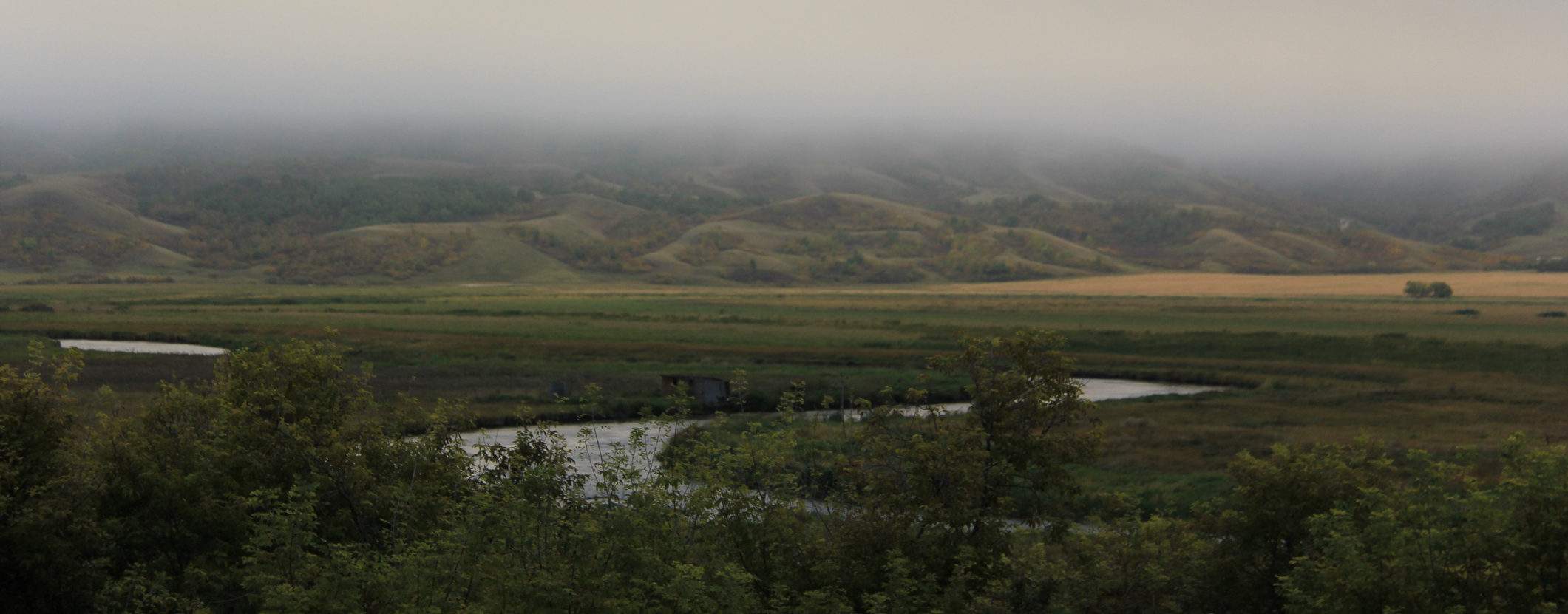Saskatchewan’s Water Security Agency (WSA) has released a statement finding that most lakes in Southern Saskatchewan will reach normal summer operating levels.
Despite below normal snowmelt runoff into the Qu’Appelle River and persistent drier than normal conditions across most of Southern Saskatchewan, most lakes on the Qu’Appelle River System are within their desirable summer operating ranges, due to additional spring management by the WSA.
The lakes actively monitored by WSA on this system include Buffalo Pound, Last Mountain, Pasqua, Echo, Mission, Katepwa, Crooked and Round. Recreational users and local residents are advised that while visually, some of these lakes may appear at reduced levels compared to previous high flow years, most are within their desirable summer operating ranges. Round Lake is an exception, as ith is projected to be about 85 centimetres below that mark.
WSA will not be operating the control structure at Round Lake until the federal government obtains the appropriate land control. WSA is still working on bringing Crooked Lake up to near the top of its desirable operating level by mid-June. Lake levels similar to the summer of 2018 are expected throughout the Qu’Appelle River System, if conditions remain dry.
Dry conditions over southern Alberta are resulting in low runoff within the headwaters of the South Saskatchewan River and elevated water use within irrigation districts in Southern Alberta. This is translating into below normal inflows to Lake Diefenbaker.
Additional water was retained in Lake Diefenbaker in April due to a below normal snowpack developing in the alpine headwaters. While Lake Diefenbaker is currently at a near normal elevation for this time of year, outflows are being reduced to safeguard the water supply and reduce the risk of summer water levels that are lower than desirable.
Outflows at Gardiner will be maintained near 70 cubic metres per second through the summer unless conditions in the headwater areas improve or deteriorate further. These flows below Gardiner Dam would be similar to outflows maintained through the past three summers.
While these flows will offer challenges to downstream irrigators, ferries, and recreational users, it is a balanced approach to protect the interests at the reservoir.
Further information can be found in WSA’s May 1, 2019, Water Supply Conditions and Outlook which can be found here.












